Tiananmen Square Massacre ‘More Important Than Ever’ 25 Years Later
On June 4, 1989, a million peaceful protesters gathered in Tiananmen Square in Beijing, China, only to be brutally barraged by the Chinese Communist Party with its 200,000 soldiers.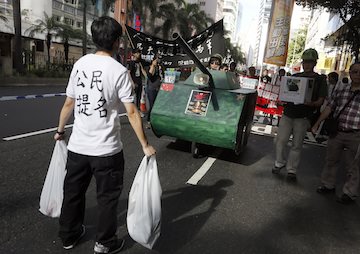 A protester stands in front of a mock tank to symbolize the man blocking a line of tanks at the 1989 pro-democracy demonstrations in Beijing, as thousands of people march on a downtown street in Hong Kong on Sunday to mark June 4's 25th anniversary of China's bloody crackdown on Tiananmen Square. AP/Vincent Yu
A protester stands in front of a mock tank to symbolize the man blocking a line of tanks at the 1989 pro-democracy demonstrations in Beijing, as thousands of people march on a downtown street in Hong Kong on Sunday to mark June 4's 25th anniversary of China's bloody crackdown on Tiananmen Square. AP/Vincent Yu
On June 4, 1989, a million peaceful protesters gathered in Tiananmen Square in Beijing, China, only to be brutally barraged by the Chinese Communist Party with its 200,000 soldiers. Chinese novelist Ma Jian, whose work has been banned in China for 25 years and who has been blocked from returning to mainland China since the release of his novel “Beijing Coma” three years ago, recounted details and the legacy of that day in an essay published Sunday in The Guardian.
Jian explores the reasons for the protests and the desire of the Chinese people to have a constitutional democracy, delving into the Chinese government’s stance and how that has since evolved. He explains that the Tiananmen protest was more than just a counterrevolutionary riot with a “tiny minority of troublemakers” in Sunday’s story (via The Guardian):
They were a spontaneous mass uprising, a jubilant national awakening, in which millions of students, workers and professionals gathered peacefully in public squares around the country for weeks on end to call for rights guaranteed to them by the constitution: freedom of speech, of the press and of assembly and freedom to elect their leaders – basic liberties that the west takes for granted. They were among the most orderly, restrained and self-disciplined protests the world has seen. Student marshals maintained crowd control; armies of volunteers distributed food and drink and provided free medical care. In the madness of 20th-century China, the Tiananmen protests were a moment of sublime sanity, when the individual emerged from the somnolent collective and found their true voice.
Jian also recounts the different ways students and intellectuals fought against the system, from hunger strikes to concerts to drawing from the historical examples of Thomas Paine and the French Revolution. He writes that Taiwan is “clear proof that the Chinese can successfully combine democracy with capitalism” and argues that China’s economic growth over the past 25 years is not due to the Communist Party but rather the exploitation of nonunionized Chinese workers.
And according to Jian, the crackdown the CCP unleashes on its challengers is as bad as ever. The press has been gagged, some dissidents are in exile and others have been jailed or are missing. Now even private commemoration over Tiananmen is outlawed.
Until now, the only apparent victor of Tiananmen has been the CCP. The massacre destroyed its moral legitimacy, but like a resilient virus, it has mutated in unforeseen ways to ensure its survival. Under the slogan of authoritarian capitalism, it has filled the bellies of the Chinese people while shackling their minds; encouraged a lust for material wealth while stifling the desire to reflect on the past and ask questions about the present. But the party’s victory is a hollow one. Its near psychotic repression of any mention of Tiananmen reveals its guilt for past bloodshed and terror of the truth.
For Jian the legacy of the Tiananmen movement continues among the civil rights activists, lawyers, journalists and artists who still try to protest in their own ways, and although they form a tiny minority in a country of more than 1.3 billion people, he believes their courage is shaking the Chinese out of political apathy.
— Posted by Donald Kaufman
Your support matters…Independent journalism is under threat and overshadowed by heavily funded mainstream media.
You can help level the playing field. Become a member.
Your tax-deductible contribution keeps us digging beneath the headlines to give you thought-provoking, investigative reporting and analysis that unearths what's really happening- without compromise.
Give today to support our courageous, independent journalists.

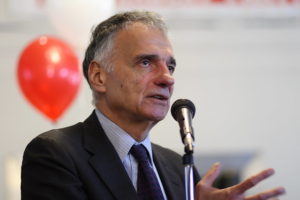
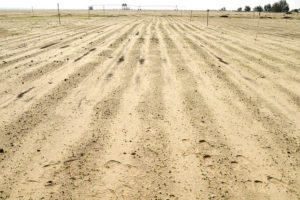

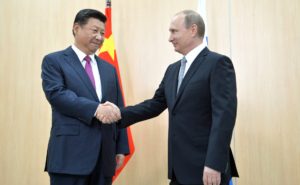
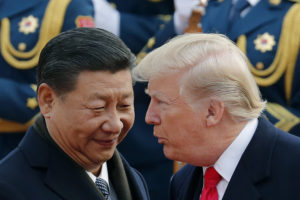
You need to be a supporter to comment.
There are currently no responses to this article.
Be the first to respond.